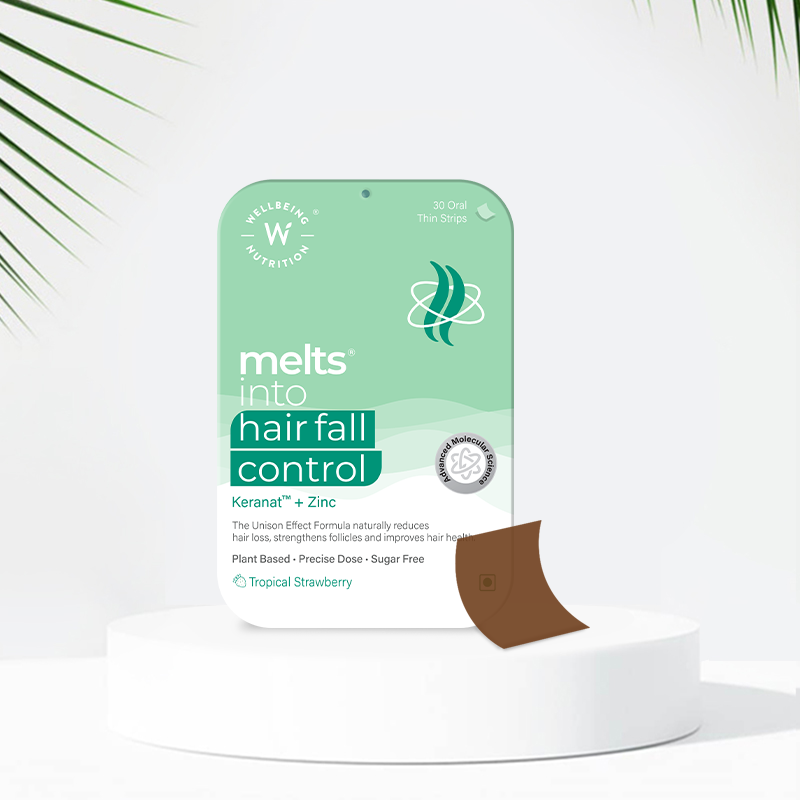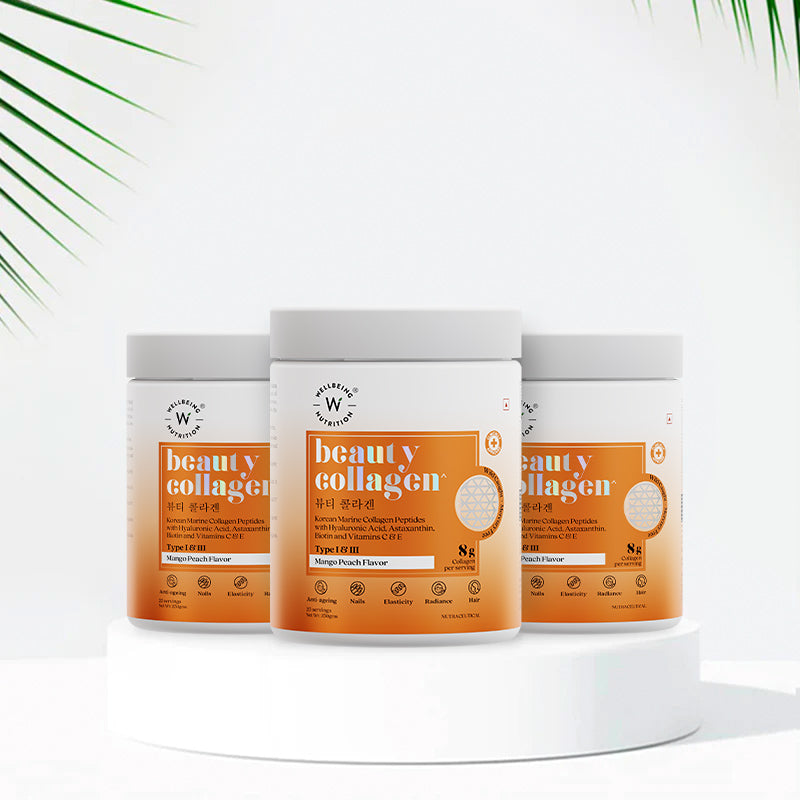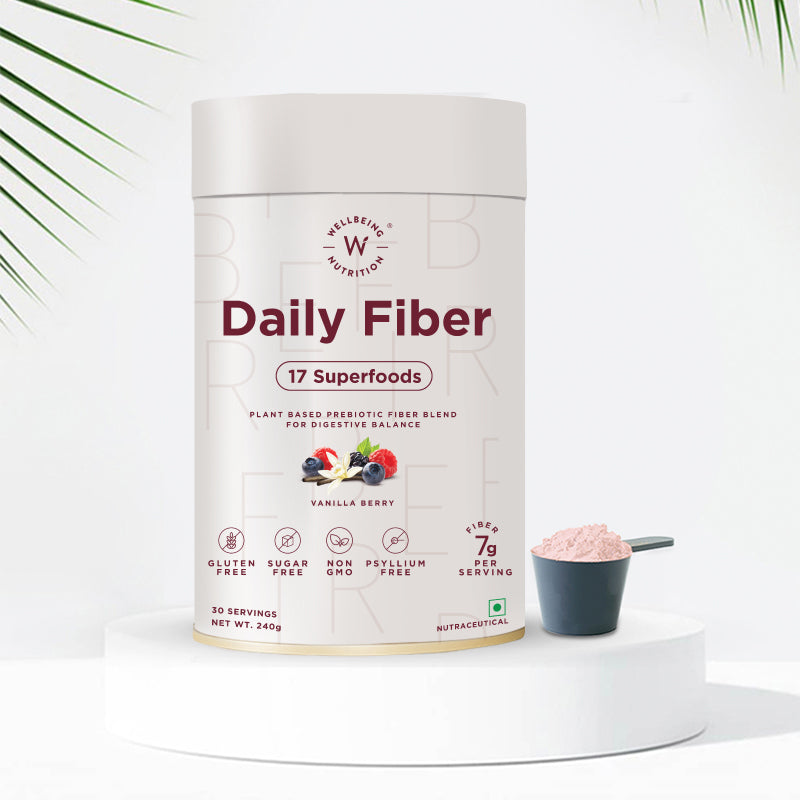What is Blood Pressure and How Does it Differ in Men and Women?

Are you experiencing frequent blood pressure fluctuations? Need help to figure out a cause or remedy to control blood pressure? Blood pressure is a critical indicator of cardiovascular health and has been the subject of extensive research, particularly in understanding how it varies between genders. This essential physiological measure plays a crucial role in assessing the risk of heart disease, stroke, and other serious health conditions. Blood pressure management is extremely crucial, as extreme levels can prove to be fatal. Come, let’s learn about the basics of blood pressure monitoring, and management, and how it can differ in men and women through today’s article.
What is Blood Pressure?
The force with which blood flows through the arteries is termed blood pressure. It is a measure of the force with which the heart pumps blood into the body. Blood pressure is generally measured in two figures: systolic pressure and diastolic pressure. Systolic is the pressure in the arteries when the heart beats, and diastolic is the pressure when the heart rests between the beats.
Blood Pressure Range
Our blood pressure is not always constant and keeps fluctuating throughout the day depending on one’s physical activity and mental or emotional state. Certain factors, such as age and medications, can also influence blood pressure.
1. Normal Blood Pressure
A normal blood pressure reads between 90/60 mmHg and 120/80 mmHg.
2. High Blood Pressure
Consistent blood pressure levels above the normal range are termed high blood pressure, or hypertension. High blood pressure may not always come with warning signs or symptoms. While some may experience symptoms such as headaches, heart palpitations, and nosebleeds, it acts as a silent killer by causing fatal health complications such as heart failure, stroke, and heart attack. It can also damage the arteries of the organs, such as the eyes and kidneys, causing damage to them.
Factors increasing the risk of High Blood pressure
- Obesity
- Smoking
- Diabetes
- Pregnancy
- High Sodium Intake
- Smoking
3. Low Blood Pressure
A pressure below 90/60 mmHg is termed low blood pressure or hypotension. Unlike high blood pressure, which has specific thresholds, low blood pressure is less precisely defined. It's typically considered to be a blood pressure reading lower than 90 millimeters of mercury (mm Hg) for the top number (systolic) or 60 mm Hg for the bottom number (diastolic). While some people with low blood pressure may not exhibit any symptoms, others may experience one or more symptoms such as dizziness, nausea, fatigue, blurry vision, or syncope.
Factors increasing the risk of Low Blood pressure
- Age
- Dehydration
- Endocrine disorders
- Pregnancy
- Nutrient Deficiencies
- Heart and neurological conditions
- Severe blood loss
Blood Pressure Differences between Men and Women
Research has shown that blood pressure profiles differ between men and women, influenced by biological, hormonal, and lifestyle factors. Understanding these differences is vital for effective diagnosis and treatment.
Age-Related Variations: Younger men are generally more prone to high blood pressure compared to women of the same age. This disparity is often attributed to lifestyle factors and the protective effects of estrogen in women. However, post-menopause, women's risk of developing high blood pressure increases, possibly due to hormonal changes, making them more susceptible than their male counterparts in older age.
Hormonal Influences: Hormones play a significant role in regulating blood pressure. In women, estrogen is believed to have a protective effect on the heart and blood vessels, helping to maintain lower blood pressure levels. However, this benefit seems to diminish after menopause, leading to an increased risk of hypertension in older women.
Response to Blood Pressure Medication: There is evidence to suggest that men and women may respond differently to certain blood pressure medications. This could be due to differences in body composition, hormonal variations, or other physiological factors. Such findings highlight the importance of personalized medicine in treating hypertension.
Blood pressure Management
Managing blood pressure is crucial for maintaining heart health and preventing complications such as heart disease and stroke.
1. Dietary Management:
Diet plays a significant role in blood pressure management. A specific diet named DASH (Dietary Approach to Stop Hypertension) diet is usually recommended. This one includes reducing sodium intake through salt and processed or packaged food consumption and increasing potassium and fiber intake through whole grains, fresh fruits, vegetables, etc. Certain studies have also shown that taking fish oil supplements can aid in the management of hypertension.
2. Regular Exercise and Physical Activity:
Regular exercise, along with managing blood pressure levels, also aids in weight reduction and stress reduction, which further contribute to blood pressure management.
3. Stress Management:
Stress leads to the release of the cortisol hormone, which triggers a fight or flight response that causes the blood vessels to constrict, increasing the heart rate and thereby blood pressure. Engaging in stress-relieving techniques like meditation, indulging in hobby activities, and relaxation techniques can thus contribute to blood pressure management. Certain stress-relieving natural herbal teas or anti-anxiety supplements can also help maintain your blood pressure levels.
4. Refrain from Smoking:
Smoking damages your blood vessels, hardens the walls of your arteries, and increases your risk of cardiovascular disease. Smoking also increases your blood pressure and heart rate due to an effect mediated by nicotine from tobacco. Gradual cessation of smoking is one of the best ways to protect your heart health and manage your blood pressure.
5. Reduce Alcohol Consumption:
Multiple theories have been proposed for alcohol-induced hypertension, such as increased cortisol levels, an imbalance in the nervous system, inflammation of the endothelium, increased sympathetic nervous activity, etc. Studies have shown that even one drink per day may cause your blood pressure to rise. It is wiser to therefore abstain from alcohol consumption for better blood pressure management.
Managing Blood Pressure: A Gender-Specific Approach
Given the differences in how blood pressure affects men and women, gender-specific approaches to management and treatment are vital. Lifestyle modifications, such as maintaining a healthy diet, regular exercise, moderating alcohol intake, and avoiding smoking are universally recommended. However, the approach to medication might require more customization. Regular monitoring and consultation with healthcare providers are crucial in managing blood pressure effectively for both genders.
In Summary
Blood pressure is a vital sign that tells a lot about an individual's health. While normal blood pressure readings are a sign of good cardiovascular health, deviations in the form of high or low blood pressure can be early indicators of potential health issues. The differences in blood pressure between men and women, influenced by factors such as age, hormonal changes, and response to treatment, underscore the need for personalized healthcare approaches. By understanding and respecting these differences, we can improve the management of blood pressure-related health issues, thereby enhancing the quality of life for both men and women.
References
https://www.ahajournals.org/doi/10.1161/01.HYP.37.5.1199
https://journals.physiology.org/doi/10.1152/ajpheart.00035.2019
https://www.hindawi.com/journals/ijhy/2018/4186496/
https://www.sciencedaily.com/releases/2021/02/210216115018.htm
- Choosing a selection results in a full page refresh.
- Press the space key then arrow keys to make a selection.

Talk to an Expert












